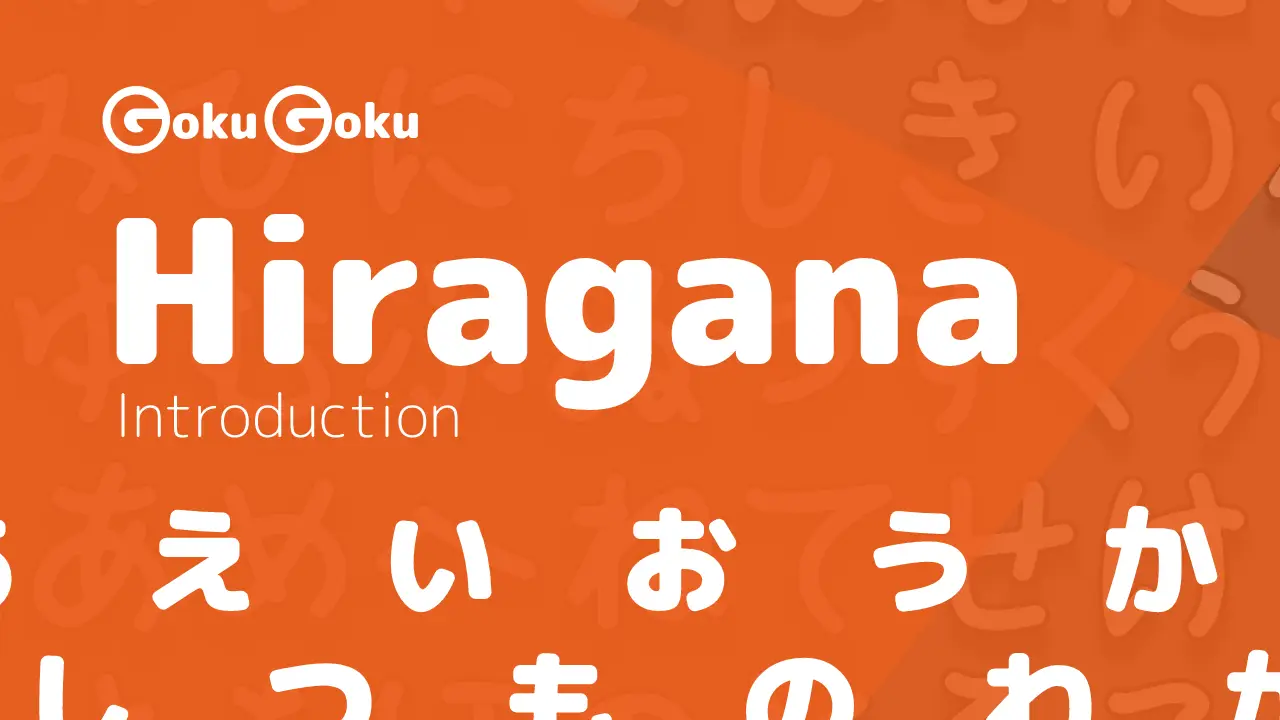いきがい (ikigai) Meaning Japanese Grammar - The Reason of Life
Anna Baffa Volpe
Get in touch with meいきがい (ikigai) is more than an expression in Japanese; it represents a deep concept and philosophy and can be translated in one word asjoy of living and it expresses our reason of life, our motivation in all what we chose and do.
I have included this expression in the grammar section because, as we will see, its structure is used in other commonly used forms in Japanese.
Translation and Origin of Ikigai
The kanji transcription of Ikigai in Japanese is 生き甲斐:
- 生き iki from the verb 生きる ikiru in its dictionary form, meaning
live; - 甲斐 is a term used as noun and suffix and means
effect,result,worth,avail.
Ikigai can be translated as worth living, thejoy and tension of living and it is grammatically a noun, so it can be followed by particles.
彼女は音楽に生き甲斐を見出している。
She finds fulfillment in music.

生きがいを見つけるには?
How to find a purpose in life?
Akihiro Hasegawa, physicist and engineer, wrote that the term kai / gai comes from the word 貝 kai meaning shell in Japanese.
During the Heian period (794 to 1185), shells had great value, hence the importance and value they were given.
According to other scholars the term Ikigai has originated in the Edo period (1603-1868). At that time, people were required to live with different values and attitudes in order to find meaning in life.
Ikigai, a motivation in life, a purpose in life, a reason for living.
One of the phrases to define the concept of Ikigai in Japanese:
生きがいとは、人の生を根拠づけるものであり、生きるうえでの喜びに繋がるものであります。
Ikigai is what gives life a sense of meaning and connects to the joy of living.
Ikigai is a central theme of many courses and seminars on personal growth and motivation.
かいがある it is worthy to
Kai / gai ga aru is an expression of common use in Japanese that shows the value of an action, it expresses the feeling that it was good to do something or it is worth doing.
Use 1:
きちんと評価されるので、頑張りがいがある。
Proper evaluation motivates me to give my best effort.
The expression using the structure we have learnt is: 頑張りがいがある: ganbarigai ga aru, it's worth putting in the effort; it's motivating.
- 働きがい which means the
work motivation, thejob satisfactionand thesense of fulfillment in work; - やり甲斐がある, meaning
it’s worth doing it.
Use 2:
勉強を頑張ったかいがあった。
It was worth studying hard.
Synonyms of this structure are:
- て form of the Verb + 良かった:
I'm glad I did it, - する価値がある:
it's worth doing.
Use 3 with a noun:
努力のかいがあった。
The effort paid off.
Ikigai concerns many aspects of our lives that are worthwhile: our work, our mission, the things and people we love, our profession, the things we are particularly good at.
Examples using the word いきがい
彼女は娘だけが生きがいだった。
Her daughter meant everything to her.
The lack of Ikigai often expresses a sense of discouragement and weariness in a person's life.
私には生き甲斐がない。
I have nothing to live for.
As we have expressed in this post, Ikigai covers various aspects of life, according to a person's values.
金をかせぐことが彼の生きがいだ。
Making money is his reason for living.
We can also use the expression giving life meaning : ‘What gives meaning to his life is earning money.’
Ikigai worldwide
Many books have been published in Japanese, in English, translated and distributed worldwide. And the development of this concept has found supporters as well as writers opposed to the pursuit of Ikigai in life.

生き甲斐なんて必要ない。
You don't need any kind of purpose for living.
Words related to Ikigai
Here is a video for all those who study the Japanese language; it talks about Ikigai as a philosophy that has also been popularised outside Japan.
It analyses the representative terms that represent the reason for life and are different depending on the sensitivity of the person.
https://youtu.be/wQ8e9zTFrUA
- 好き:
what we love - ミッション:
mission - 世界が必要:
what the World needs - 仕事:
job, vocation - お金に出来る:
what you can be paid for - プロ:
profession - 得意:
one's strong point,what we are good at - 情熱:
passion
Similar grammar points in Japanese 📚
申し訳ございません
申し訳ございません (moshi wake gozaimasen) Meaning Japanese Grammar - I Apologize
わけがない
わけがない (wake ga nai) Meaning Japanese Grammar - There Is No Reason That
わけではない
わけではない (wake dewa nai) Meaning Japanese Grammar - Does Not Mean That
わけだ
わけだ (wake da) Meaning Japanese Grammar - That's Why...
わけがある
わけがある (wake ga aru) Meaning Japanese Grammar - There Is a Reason If
わけが分からない
わけが分からない (wake ga wakaranai) Meaning Japanese Grammar - Absurd

